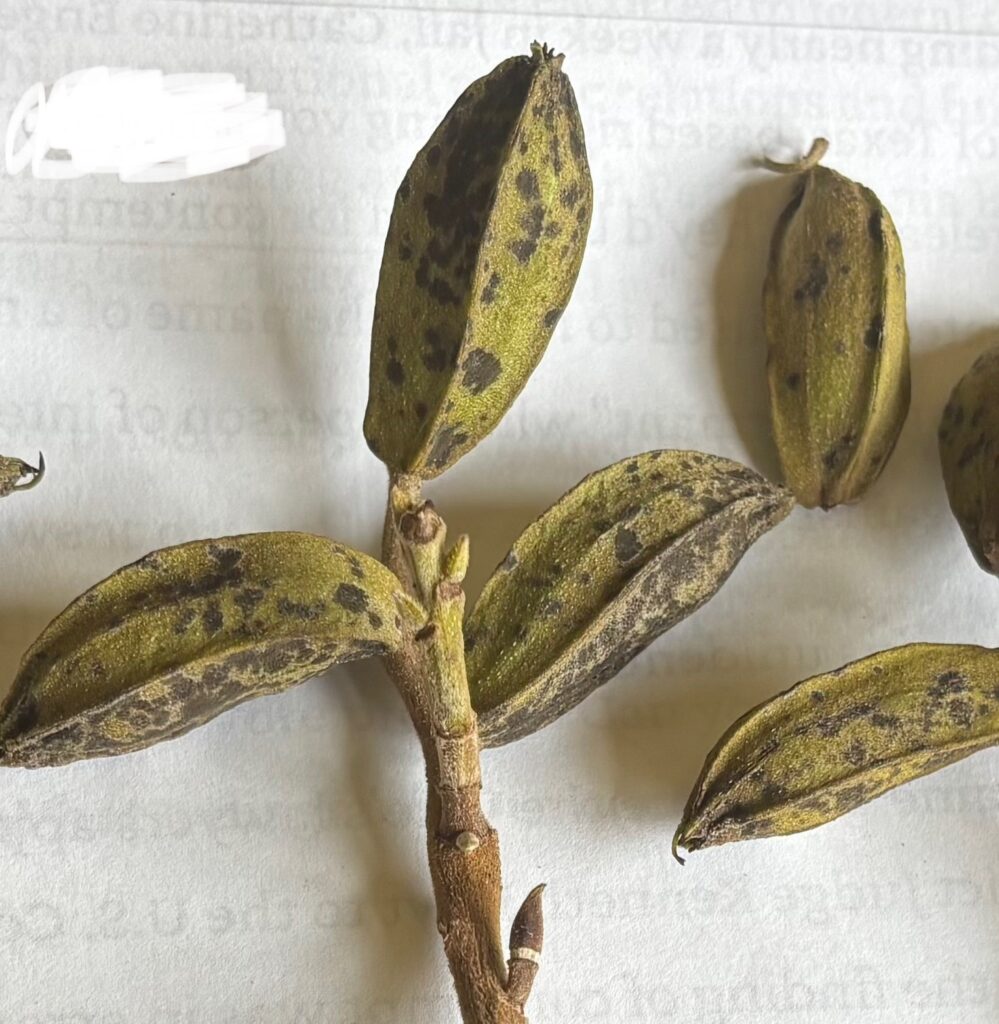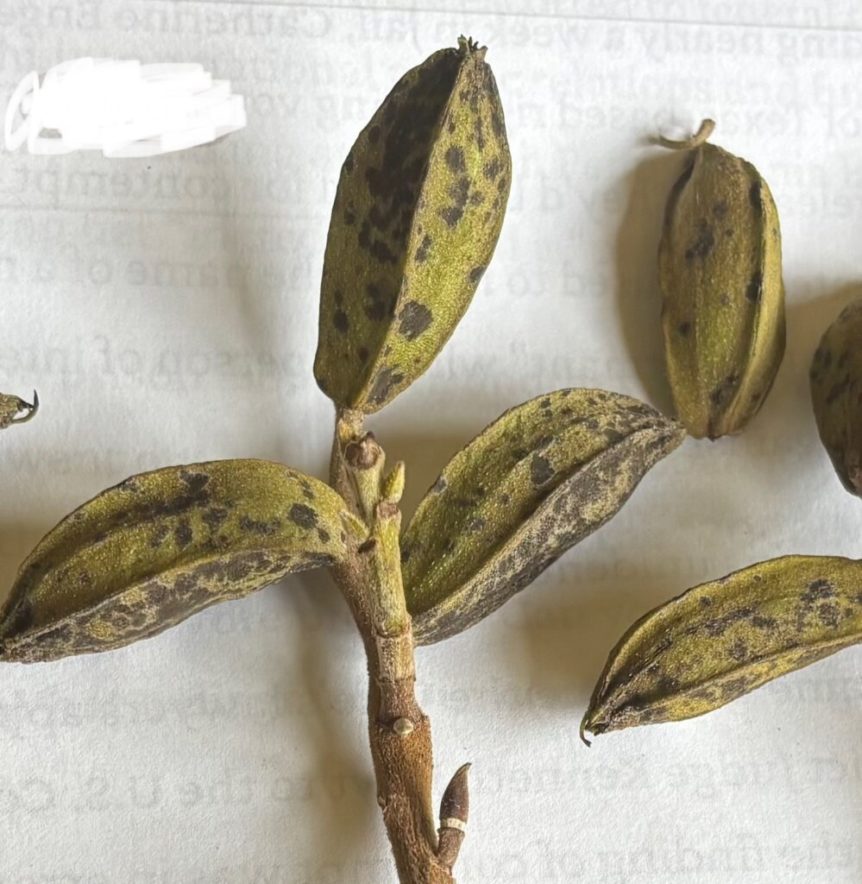
By Clint Thompson
Scab disease’s persistence in this year’s Southeast pecans says more about the amount of rain the region has received this summer than fungicide ineffectiveness.
Lenny Wells, University of Georgia Extension pecan specialist, spoke about the subject in a recent UGA Extension Pecan Blog. He emphasized that rainfall accumulation has been high during June and July, including in Fort Valley, Georgia, where 21.05 inches of rain was recorded with at least 40 rainy days between May 1 and July 14.
“Everybody has been spraying on a pretty good schedule and using the right chemicals, from the folks I’m talking to. In some cases, they’re still seeing some scab,” Wells said. “The problem is when it’s raining every day for a week, even if you spray, if it doesn’t have good drying time it can get washed off. Then you have to tighten your intervals up.

“There’s just a lot of issues. Growers can’t get everything covered in the amount of time they’ve got to spray. It just makes it challenging. We’re seeing some scab around.”
Scab Disease Background
Scab is a fungal disease that infects the leaves or nuts of pecan trees. If scab impacts the nut early enough in the production season, it can cause the nut to blacken and fall from the tree. It excels on trees that have received moisture. Some growers must make at least 10 fungicide applications during an average year to manage the disease.
Growers are still likely to make 3 to 4 more fungicide applications to finish the year. Producers usually are done worrying about scab disease once shell hardening occurs, which is usually around mid-August.
This year’s crop appears strong despite the increased scab disease pressure. Producers are more concerned with the bottom line of having to make so many fungicide sprays.
“Considering the pressure we’ve had, and we do have some scab around, I think the nuts look better than they would have looked, say 10 years ago under the same pressure,” Wells said. “The fungicides we have are better. I think our growers are doing a better job of spraying. It’s not like we’re looking at total crop failure.
“But it’s a lot of pressure and making this crop more expensive to grow.”










